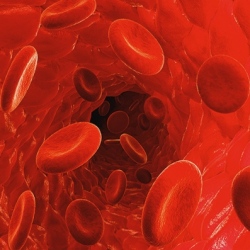
The breakthrough could allow doctors to diagnose specific cancers much earlier, even before signs such as a lump, begin to show. It is simple enough to be included in routine annual health checks alongside other tests such as for high blood pressure or cholesterol.
The test, called CancerLocator, has been developed by the University of California, and works by hunting for the DNA from tumours which circulates in the blood of cancer patients.
The team discovered that tumours which arise in different parts of the body hold a distinctive ‘footprint’ which a computer can spot.
“Non-invasive diagnosis of cancer is important, as it allows the early diagnosis of cancer, and the earlier the cancer is caught, the higher chance a patient has of beating the disease,” said Professor Jasmine Zhou, co-lead author from the University of California at Los Angeles.
“We have developed a computer-driven test that can detect cancer, and also identify the type of cancer, from a single blood sample.
“The technology is in its infancy and requires further validation, but the potential benefits to patients are huge.”
Around 350,000 people are diagnosed with cancer in Britain each year, but 90 per cent of people will survive most types for at least five years if it is spotted early. In contrast only five to 15 per cent of people survive five years if cancer is picked up late.
